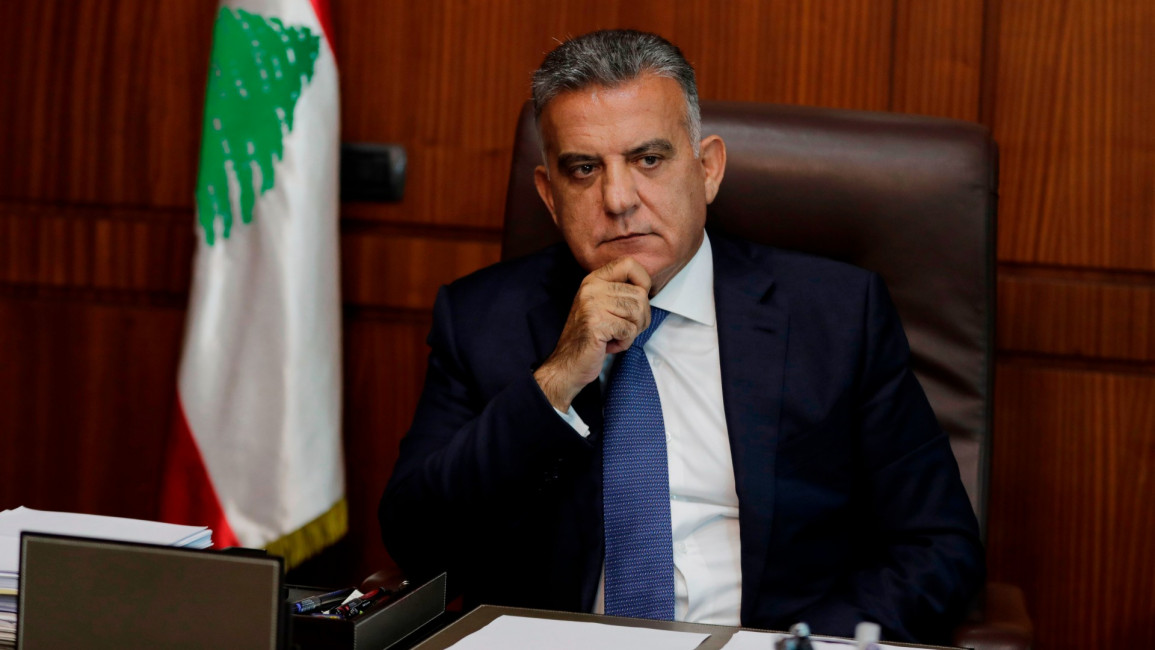Lebanon's security chief vows to return American hostages in Syria
Lebanon's security chief vows to return American hostages in Syria
Several Americans are missing and believed to be held as hostages in Syria.
3 min read
Abbas Ibrahim has been involved in negotiations for several years [Getty]
A Lebanese hostage negotiation expert announced his intention to continue to try and free six Americans, including a journalist, missing in Syria.
Major General Abbas Ibrahim, who leads Lebanon's General Security Directorate, visited Washington in an effort to broker negotiations with the Syrian government.
The Trump administration had attempted negotiations with Syria over the hostages, including Washington Post contributor Austin Tice, which had failed.
Majd Kamalmaz, a psychotherapist who went missing in 2017, and four other US citizens have also gone missing, and previous negotiation efforts have not yielded information about their state of health or if they are even alive.
Earlier this year White House counterterrorism official Kash Patel secretly visited Damascus, making it the first of its kind since 2012, Wall Street Journal revealed earlier this week.
Patel and US Ambassador Roger Carstens, an envoy for hostage affairs, met with a top Syrian intelligence official.
Ibrahim has had success with hostages in the Middle East over the last ten years, however American critics have expressed disapproval over his involvement with the administration given his contact with Hezbollah.
"This is a humanitarian issue. I am not interfering in politics, and the politics on both sides is not my business," he told the Post.
"I am just a mediator trying to get those people back home."
|
The problem, Ibrahim says, is that Syria has not acknowledged holding them, and have insisted a complete withdrawal of US troops from the country and the lifting of sanctions before it is willing to cooperate.
"This is not an easy case," Ibrahim said. "First of all, we have to build a bridge of confidence between the two parties. And there is no confidence between the two parties."
"To link the departure of U.S. troops from Syria to the otherwise noble effort to release hostages is to mix strategic and humanitarian issues," he said.
The US stance is clear: it is not willing to entertain a change in foreign policy for the sake of the hostages.
"Our ask is that the Syrians release Mr. Tice, tell us what they know. They have chosen not to do that," Secretary of State Mike Pompeo said.
The US enacted a series of sanctions on Syria following the regime's brutal assault on pro-democracy protests in 2011.
Nine years later, and with half-a-million Syrians killed - mostly from regime bombing and shelling - Washington has implemented even tougher sanctions on Assad and his cronies.
The US has around 500 troops in Syria, mostly in the northeast with Kurdish forces in a campaign against the Islamic State group.
There are also several American soldiers at the southern Syrian base of Al-Tanf, which has prevented the regime from capturing the Al-Rukban refugee camp and surrounding areas.



